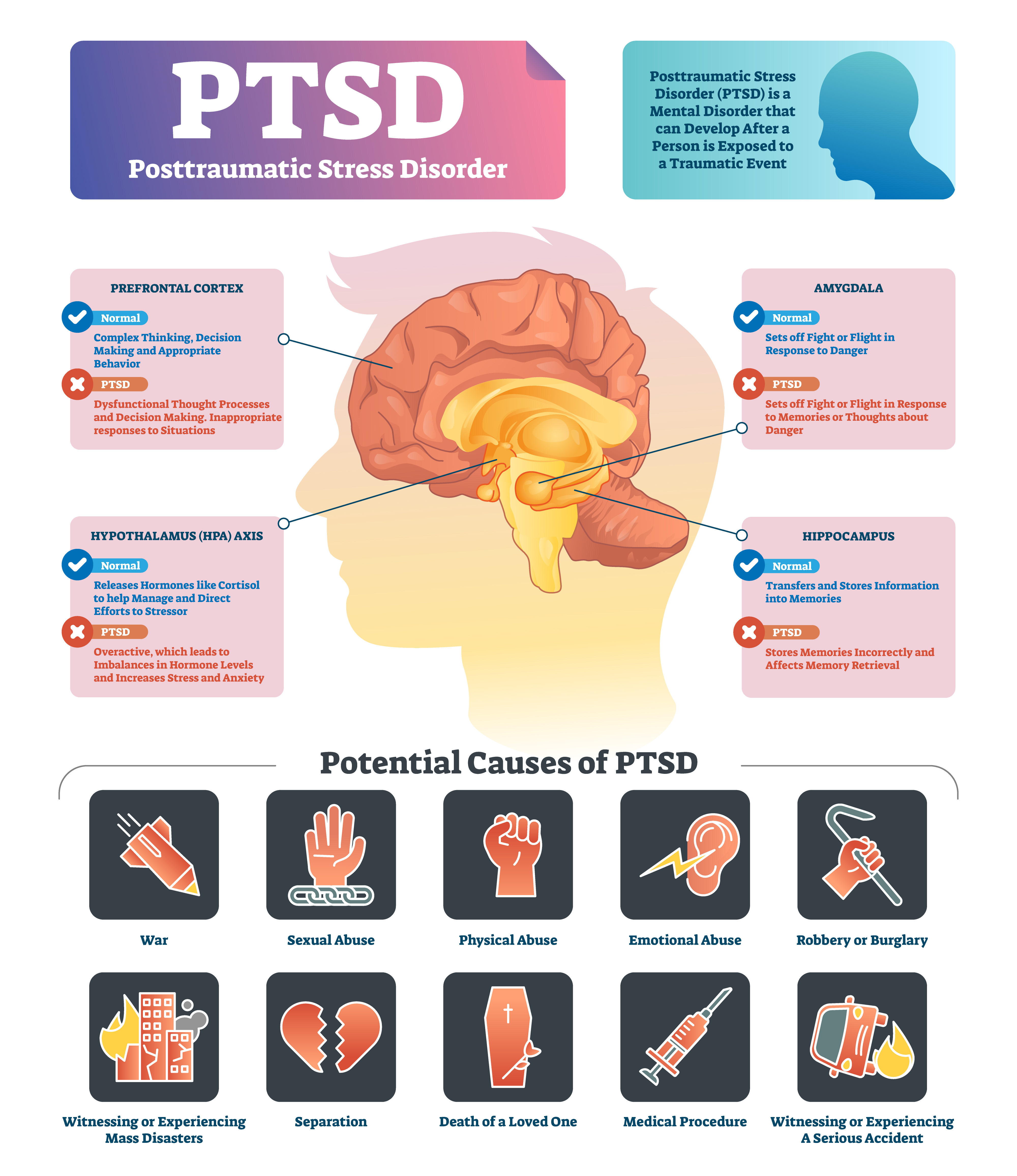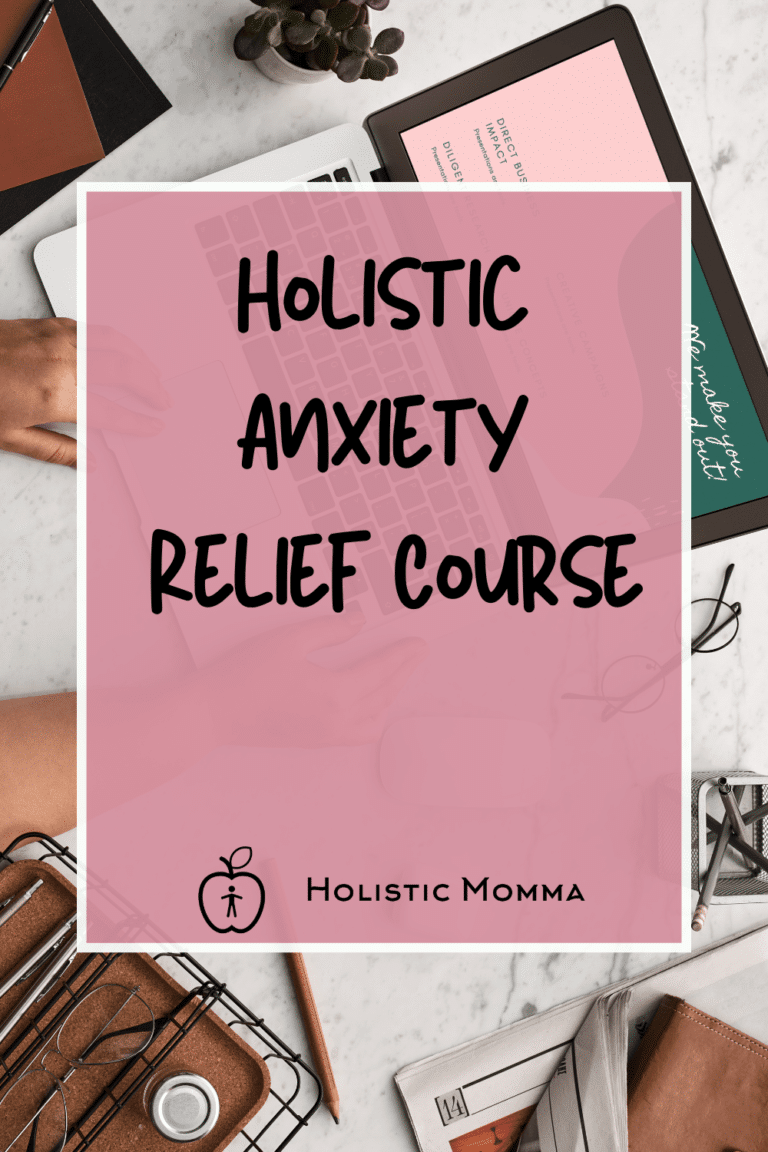PTSD Test: How to Know if You Suffer From PTSD
In our world today, the chances of not experiencing traumatic events are very slim. If you haven’t directly witnessed shootings, acts of terrorism, robbery, physical or sexual assault, and other forms of violence, you may have heard or read about them – and that could be traumatizing.
The best thing you can do for yourself is to check if you have PTSD and take appropriate steps.
How can you know if you have PTSD? Well, you can visit your doctor and talk about your symptoms, and they will administer a test to diagnose the problem. Or you can take a preliminary PTSD test online to see if you have PTSD. PTSD tests help you discover if you have PTSD or not.
This exercise consists of questions to answer honestly, and these questions are based on the American Psychiatric Association’s criteria for PTSD. Read the following questions and the notes underneath.
Table of Contents
PTSD Test Questions to Check if You Have PTSD

Do You Avoid Places or Thoughts That Remind You of an Incident?
A typical behavioral pattern found in post-traumatic stress disorder patients is avoiding anything that reminds them of the trauma. They find it terrifying to remember the experience, talk about it, or visit the scene, and this coping mechanism keeps them from reliving the painful experience again.
Are you making conscious efforts to avoid things that remind you of a traumatic event? Well, you might have PTSD. In that case, the solution is not to avoid anything connected to it your whole life; it is to get help. With effective treatment and self-care, you will feel better and overcome the fear of reliving the experience.
Have You Witnessed or Experienced a Traumatic Event?
One cannot be diagnosed with PTSD if they haven’t experienced or witnessed a traumatic event. You must have experienced something that left you in shock, demoralized, helpless, and downcast. Essentially, there must be an experience you can point to as the reason behind your PTSD.
As we hinted at the beginning, most people will likely answer YES to this question. However, your answer should not be based on any event but one that caused personal pain, regret, sorrow, or sadness.
Do You Tend to Avoid Conflict?
People with PTSD tend to avoid conflict and other seemingly violent activities, a coping mechanism to keep them from reliving the experience. While it is generally good to avoid conflict, it could lead to paranoia. Essentially, one could develop a disinterest in unharmful activities like fighting games, play fights, or any forms of mind or playful conflict.
Avoiding conflict may also lead to social alienation as one begins to avoid people. Avoidance is not an ideal solution to interpersonal disagreements, and you will store frustration and resentment that will implode sooner or later.
If you answered YES to this PTSD test, you might have PTSD.
Do You Regularly Experience Sadness, Guilt, Shame, or Anxiety?
PTSD can lead people down a dark hole of sadness, negativity, and anxiety. These feelings and mood changes stem from thoughts about the traumatic experience. This minute they’re up and about, and the next, they’re stuck in a shell, feeling sorry for themselves. Unfortunately, these emotional issues won’t fade away without proper medical attention.
If you find yourself in this situation, you may have PTSD. And it is a strong sign to get help immediately. Why? Sadness, guilt, shame, and anxiety can lead to self-harm and other unsavory detrimental actions.
Do You Have the Same Nightmare/Flashback Repeatedly?
Reliving a painful experience happens naturally to some people, and they can’t help it. Sometimes, it comes as nightmares and flashbacks while they’re awake. Whatever the case, it is not healthy. It means the person hasn’t had closure from that experience, which will keep holding them down.
If you have nightmares of a traumatic experience, you may have PTSD and need to see a therapist. The professional can help you come to terms with what has happened, accept it, and move on with your life.
Are You Easily Startled or Frightened?
People who have PTSD may get jittery and scared when in certain conditions. It may not be a frightening situation, just a regular occurrence. But because of the traumatic experience, they may get frightened. For instance, a retired Seal with PTSD might get startled at a banging sound reminiscent of a gunshot.
If you easily get frightened by unlikely causes, you may have PTSD. Of course, this may be a typical or isolated scenario, but PTSD may be on the cards if it happens regularly.
Do You Have Suicidal Thoughts?
PTSD is often linked to suicide and suicidal inclinations. Suicide risk is higher in people with PTSD owing to overwhelming trauma memories, anxiety, and deep-rooted pain. People living with PTSD consider suicide an easy escape from the stress and trauma weighing heavily on them.
If you have suicidal thoughts, you are most likely suffering from PTSD. Don’t keep it to yourself; reach out to people who love you and can help. Contact the National Suicide Prevention Lifeline at 1-800-273-8255 for support from a trained counselor. Call 911 or any emergency care numbers if you know someone who is suicidal.
What is Your PTSD Test Result?
If you answered YES to at least 50% of these PTSD test questions, you most likely have PTSD. As we said earlier, these questions are not randomly selected; they are based on the American Psychiatric Association’s criteria for PTSD. Please take the result seriously and meet with a health care professional as soon as possible. Explain your peculiar symptoms to them, and you will get personalized treatment.
We must re-emphasize that PTSD is not a death sentence, and it doesn’t mean you will live the rest of your life in pain and misery. You can get better with the right treatments (CBT) and self-care practices.
In Summary
PTSD or post-traumatic stress disorder can be caused by many things including a car accident, an abusive relationship, a freak accident, an injury you received, etc. The trauma is never too small, you can always get help even if you do not feel like it is a big deal, address it. If you feel like you suffer from anxiety, I have a FREE list of the top 5 supplements for anxiety that I will send you here.
Originally posted 2022-05-19 17:43:58.
Megan Santiago
Latest posts by Megan Santiago (see all)
- How to break a Fever - March 10, 2024
- The Best Mental Health Assessment Tool- Comprehensive Mental Health - January 3, 2024
- 8 Killer Diastasis Recti Exercises for Pregnancy & Postpartum - January 3, 2024

